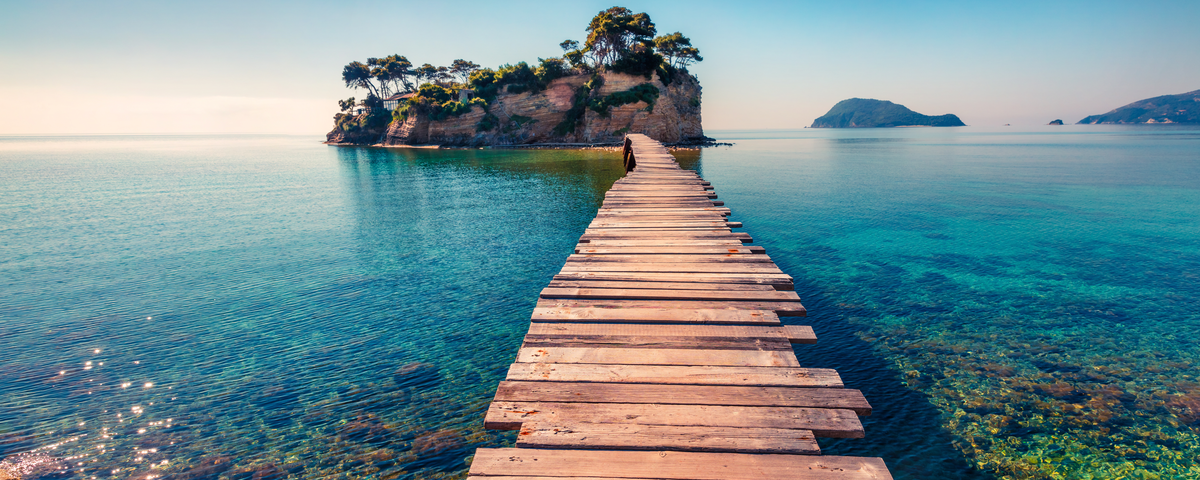When I last blogged here, I quoted the UN Secretary-General’s policy brief on COVID-19 and Transforming Tourism of the crisis as “.. an unprecedented opportunity to transform the relationship of tourism with nature, climate and the economy. … to ensure a fair distribution of its benefits and to advance the transition towards a carbon-neutral and resilient tourism economy.
The challenges are clear, although there are many, in our sector and the sphere of politics, business and economics. Perhaps we would all rather someone else addresses the crises and bore the pain while we continue with business as usual.
COVID-19 has been a catalyst for change accelerating developments in the digital economy and in communications – I was able to interview Taleb Rifai, former S-G at the UNWTO, in Spain. The pandemic has delivered a global shock; much has and will change.
We do live in interesting times. This is neither a Chines blessing nor a curse; it was coined in America in the 1930s, repeated by Kennedy, and ascribed to the Chinese. Never let a good crisis go to waste was also coined relatively recently However the COVID-19 crisis has created an opportunity to rethink tourism, a pause enabling us to reshape the sector and to do tourism better – if we want to and if we can.
The future will be what we make it, but our choices are not made in the circumstances of our own choosing and what we can achieve will be critically affected by what others do. Inertia and the desire to return as quickly as possible to business as usual are strong forces shaping the future of our sector.
Taleb draws attention to the opportunity created by the crisis, the challenge of creating a resilient industry benefiting the communities the tourists visit and the importance of measuring the yield from tourism rather than obsessing about international arrivals. As Taleb points out domestic tourism enables citizens to explore and value their own country. It is an economic and social good.
This year’s London Travel Week is virtual; there is no need to travel to London nor to find board and lodging away from home. You can participate from anywhere in the world over the extended hours, the only carbon emitted will be from the electricity you and the internet consumes, and some of that is renewable. The speakers have not flown to London either.
The Responsible Tourism programme at WTM London this year can be found here The focus is on solutions.
The theme is: How can we make tourism better for communities, travellers and our sector?
4th November 11:30-13:30: the World Responsible Tourism Awards, a keynote from Sir Tim Smit of the Eden Project, and interviews with Wolfgang Neumann, Martin Brackenbury, Justin Francis and JoAnna Haugen on the importance of narrative.
11th November: 4 live panels Resilience & Covid 19; Build Back Better; Tourism and Biodiversity & Build Back Better
12th November: 4 live panels Responsible Tourism in India; Racism in Tourism; Certification and Consumer Choice & Can we make tourism better – a manifesto for change
11th & 12th, on-demand, employing the differently-abled an inspiring example from India, and two panels on animal welfare. There is more on the issues in the current edition of RTNews and in previous editions.



